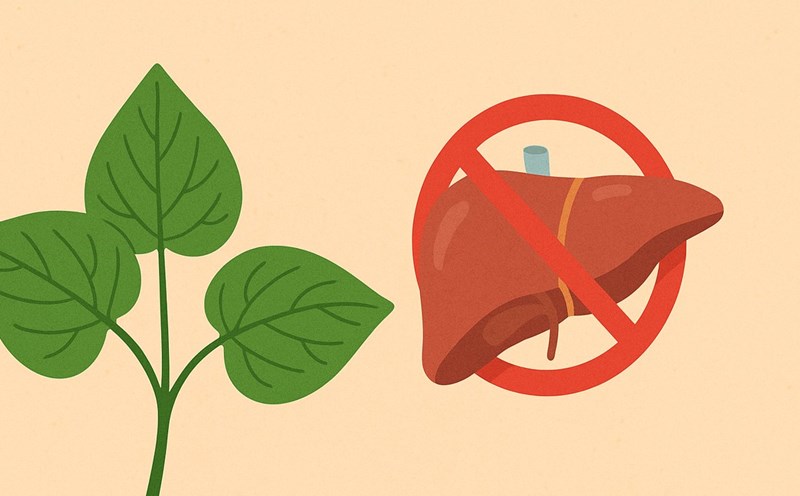According to Doctor Huynh Van Trung, Center for Hepatitis & Fatty liver, Tam Anh General Hospital, liver dysfunction is a condition in which the liver is no longer stable to perform basic and important functions such as: protein production (supporting blood clotting), oxygen transportation (supporting the immune system), bile production (supporting digestion), sugar storage in the form of glycogen, removing harmful substances in the blood...
This condition often progresses acutely suddenly or silently for weeks, months and years. Decreased liver function occurs when most liver cells are damaged, or even stop working.
10 signs of impaired liver function
Specialist Doctor II Huynh Van Trung has advised on typical symptoms that often appear when liver function is impaired.
- Always feeling tired or uncomfortable in the body for unknown reasons
- Acute pain in the upper or lower abdomen of the right liver region
- Golden skin, yellow eyes due to liver failure to eliminate bilirubin from the body
- bleeding or prone to bruising because the liver does not produce enough clotting factors
- leg poisoning because the liver cannot produce enough albumin, reducing albumin levels in the blood
- Confusion, forgetfulness, disorientation due to toxins accumulating in the blood, traveling to the brain and affecting brain function.
- Dark urine water
- Clay-colored stools due to abnormal bile production or blocked bioavailation from the liver
- Digestive disorders, anorexia, nausea, vomiting due to toxins accumulated in the liver
- Unusual sleepiness
The cause of impaired liver function often comes from causes such as overuse of Acetaminophen, a non-steroidal painkiller; patients with fatty liver disease, hepatitis B, hepatitis C, acute hepatitis A, E. Hemochromatosis - a genetic disorder that occurs when the body absorbs and stores too much iron, accumulates in the liver and can also reduce liver function. Autoimmune hepatitis and alcohol-related hepatitis can also be the cause of impaired liver function.











